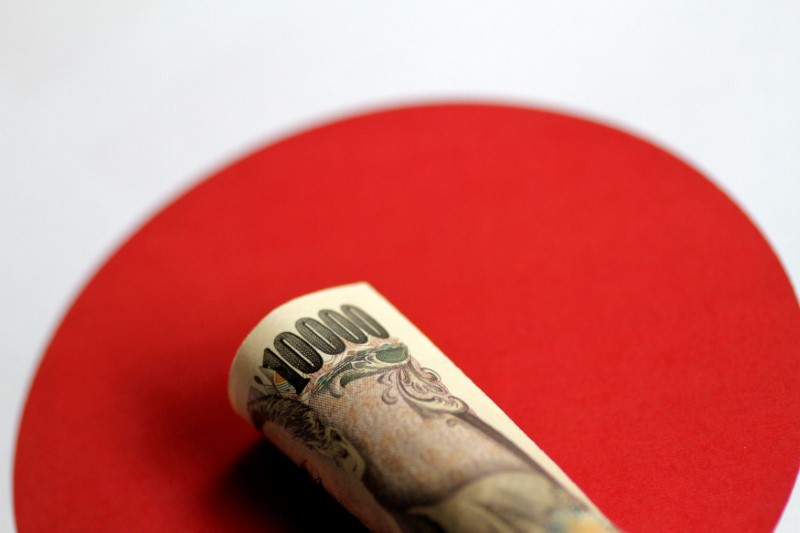Goldman Sachs (NYSE:GS) strategists believe that the recent unwinding of the carry trade involving the Japanese Yen (JPY), has further to go despite the significant moves already observed.
The sharp sell-off in USD/JPY, which began late last week, has drawn considerable attention to the extent of the Yen carry trade unwind and for how long it can continue. Strategists said that the limited data available makes it challenging to predict, though there are some key indicators to take into account.
According to Goldman’s Friday note, while the latest CFTC data indicates that net short positions among non-commercial investors have declined from nearly $15 billion to just $1 billion, this does not capture the full picture.
“This alone would suggest that roughly 90% of the carry trade unwind is done,” strategists said.
“While it is difficult to have high conviction in any estimate, we think the true number is likely lower, leaving more room to run given the substantial holdings in “stickier” parts of the investor space and positions taken outside of futures markets.”
Goldman Sachs points out that the sum of foreign equity holdings among Japan’s stock investment trusts, public pensions, and other large investors has surged to roughly 300 trillion yen as of Q1 2024, from 135 trillion yen before the Bank of Japan's aggressive monetary easing policies began.
Even assuming only half of these investments are exposed to currency fluctuations, there is still approximately $1 trillion at risk of significant losses if the Yen continues to appreciate, potentially driving more repatriation flows and reinforcing both the equity sell-off and the rapid Yen appreciation.
“That said, any related flows would likely be slower-moving on average than the rapid shift already seen in the speculative community,” strategists continued.
“Moreover, we are skeptical that the Yen has been used so extensively as an outright funder of longs elsewhere, especially in the case of US tech stocks,” they added.
Instead, the strategists believe that the recent correlation between the USD/JPY sell-off and Nasdaq declines is more likely due to a "perfect storm" of factors supportive of the Yen rather than deep leverage from the carry trade.
Nevertheless, if Japan were to experience another sharp tightening of financial conditions, it could disrupt the domestic inflation trajectory and potentially hinder the Bank of Japan's ongoing rate hike plans, as indicated by Deputy Governor Uchida. This is a key reason why Goldman Sachs believes that a rapid and substantial strengthening of the Yen is unlikely unless there is a significant risk of a US recession.
